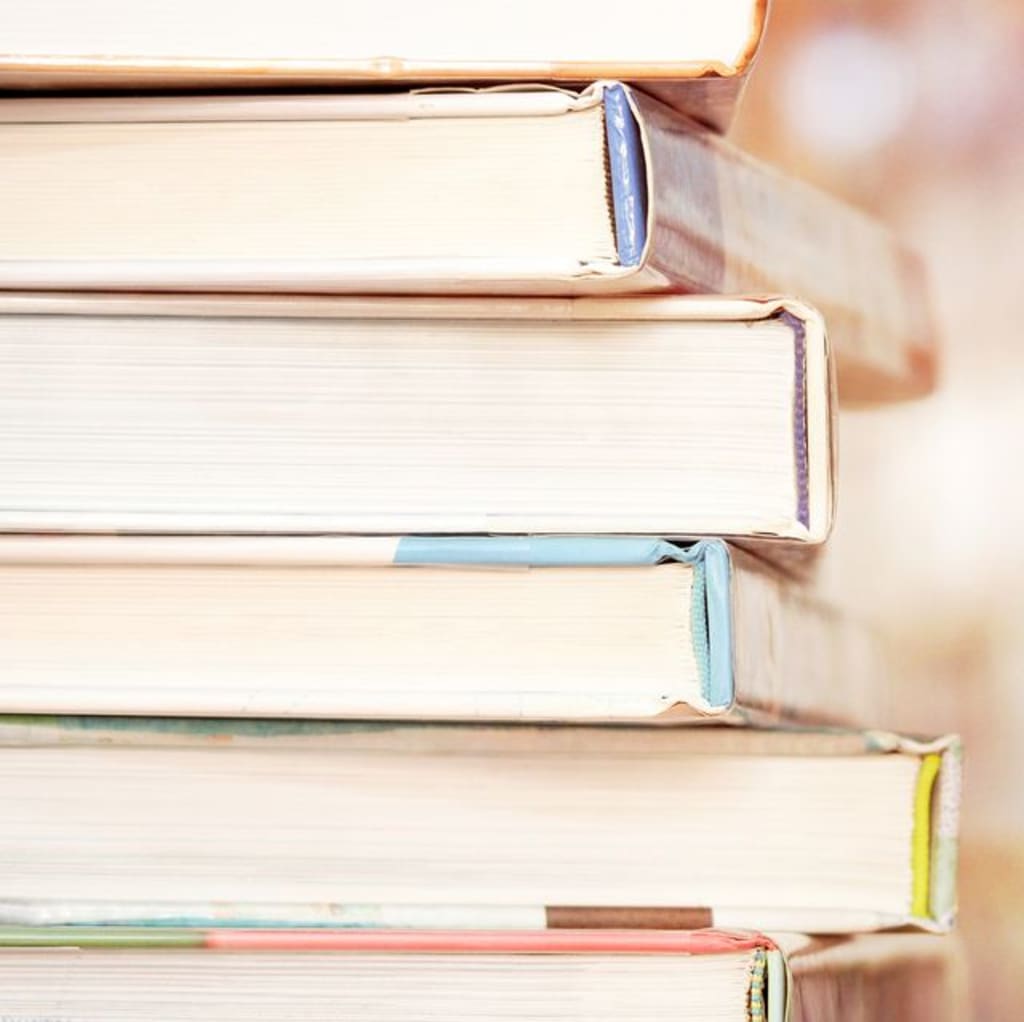
As you know, most of what I do is watch films and read books. Recently, I have been working on reading more in the philosophical region of books in a section Waterstones calls "Smart Thinking". Now, I don't claim to be smart and neither am I that much of a thinker, but I like to read these things because sometimes they discuss problems with the world that I only get to see through reading because I don't have any communication with the outside world. My news and discussion topics come from books and I then head to Reddit to see who, if anyone, will be my friend and talk about them with me. Then, as soon as I say I'm a woman, I get sex-talk online and swiftly make my exit. Sometimes, they guess that I'm a woman and I don't know how. But I don't like the way they talk to me after that so I leave the conversation.
At the present moment of typing the first part of this article, I am re-watching something I watched 10 years ago - "2001: A Space Odyssey" (1968). Why am I watching it? I don't know to be honest. I like re-watching things I watched once or twice as a teenager. I leave little notes to myself on my phone - ones I typed into my calendar in the years between 2008 to 2012 for them to go off in 2016 to 2025. I still have some that need to go off. These calendar notes remind me to do certain things in the future, things I may not have done because I didn't understand them in the past. For example: I was going to read "100 Years of Solitude" when I was 12 in 2008, but after a few pages, I didn't really get it. So, I went into my calendar on my then laptop - on my cloud account - and typed in "read: 100 Years of Solitude. I started reading it, but 12 year old me doesn't get it. I hope you understand in the future..." I left that note to go off on the 26th of January 2012, 1 day after my 16th birthday. It was one of the first notes I left for myself that I can actually remember typing up. The rest are written down in my diary as to why I wrote them in the first place. Here's the entry for "100 Years of Solitude" by GG Marquez, entered in 3rd September, 2008:
03/09/2008 - Annie, Aged 12
"I found a book in the school library today that I've heard people discuss as being an incredible experience of a novel. But, as I attempt to read it, I find myself stuck. Not on the word definitions, not on the depth or meaning - but I don't feel like I'm old enough to understand most of these emotions. I hope 16-year-old me will understand and read this book in its entirety because she will have to pick up where I have surely failed. On my calendar, I have left a note for a day after my 16th birthday even though I am yet 12 and going on 13. 16-year-old me, if you still have this notebook and if you ever read this entry, I thank you for being reminded that we have to finish this. I hate leaving books unfinished."
There you have it, that's the entry I left for "100 Years of Solitude" by Gabriel Garcia Marquez in my diary some 12 years ago. I did read it and I did find the notebook when I intended to because yes, I keep all of my notebooks. Never ever throw away a notebook. You may learn something from your younger self. I thank 12 year old and 13 year old me for leaving me these notes because without them, I'd be struggling to read the classics. Most of the notes are about classic films and novels that I'd either watched, read or didn't fully understand. I haven't found the entry for "2001: A Space Odyssey" (1968) in my diaries from years ago, but I have got the notification on my calendar. When I find the entry, I'll know why I'm re-watching it. For now though, I think I'll simply trust myself. I wouldn't leave myself a note for no reason.
So, without further introduction to my freakish existence let's take a look at the list. You know, I do these kinds of things, like leave future-me notes etc. and I wonder why I have no friends. I wish I could be normal, but no - here the hell we are.
Numbers 121-140
121-130
121. The Prophet by Kahlil Gibran
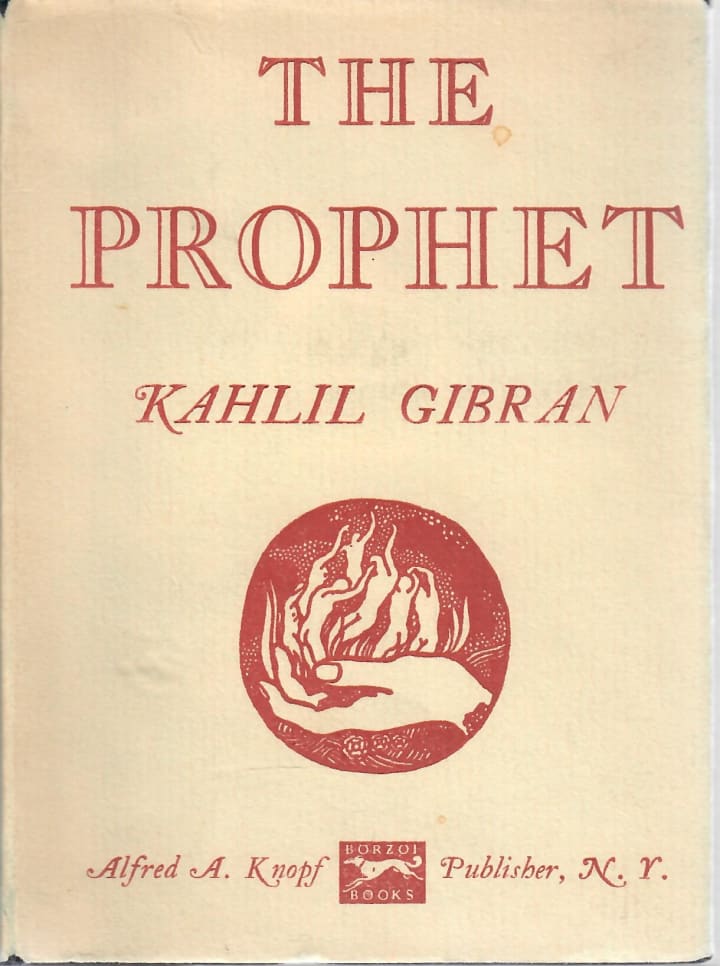
Discussing the topics concerning the human condition, this book really spurred my interest as this was the exact thing I wanted to read about. There was a certainty to the book and its experiences and I really couldn't tell whether some of it was just fictional or autobiographical. I feel like some of the topics discussed were probably experienced by the writer himself but we just don't get to know about the writer. Instead, we see it through a character - which is common for an author not wishing to reveal themselves.
122. Everybody Lies by Seth Stephens Davidowitz

This one is about how everyone on the internet lies about who they are. I'm not going to lie, I don't lie about who I am because I have no need to. My life isn't all that interesting. I like to read and watch films. I write articles and I'm a teacher. That's all. I don't go on fancy holidays or own a cool car. I have autism and I'm allergic to peanut butter. This book explains that people lie because they want to make their lives out to be nicer than they are. They make their lives out to be expensive and brilliant with all the perks of the upper class. This is a result of racism and classism. Personally, I don't understand it myself so I had to read a book about it. It was very interesting.
123. The Spirit Level by Richard Wilkinson and Kate Picketts
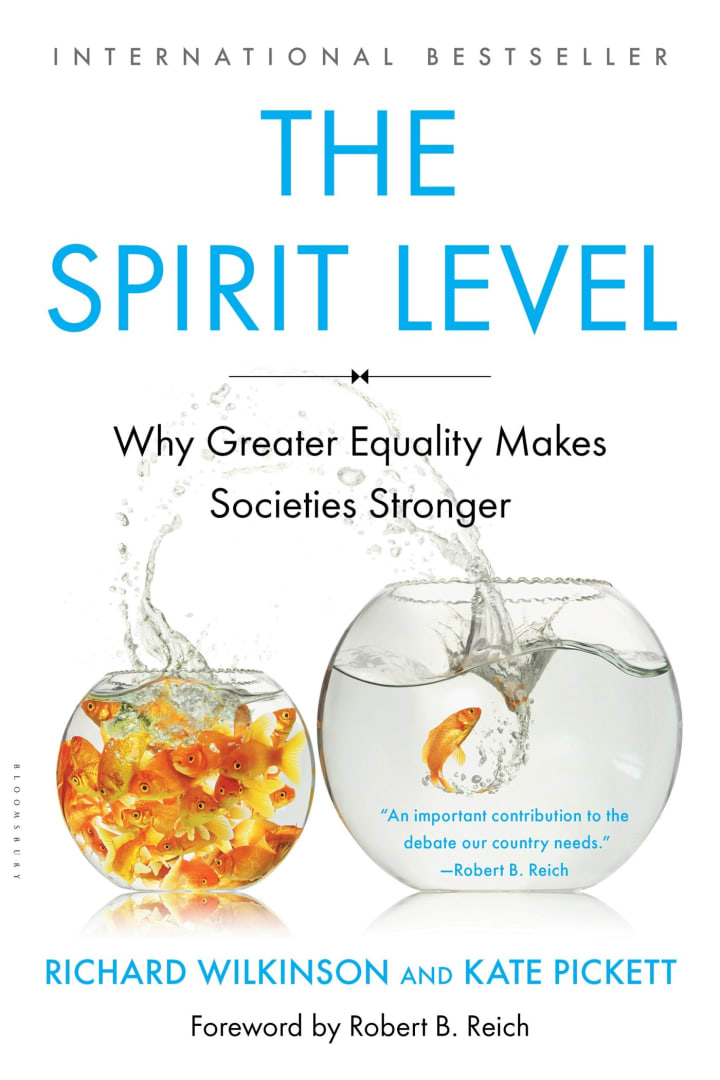
This book is all about equality and why it would be better for everyone. In fact, that's the subtitle of this book. The book goes through a multitude of different inequalities such as: obesity, schools, race etc. and how they have inequalities about them and are all a direct result of inequality perpetrated by the white upper/middle classes. It is a brilliant book and has so many different arguments each fitted into these sizeable sections of interest. It's an incredible philosophical read.
124. The Internet is Not the Answer by Andrew Keen
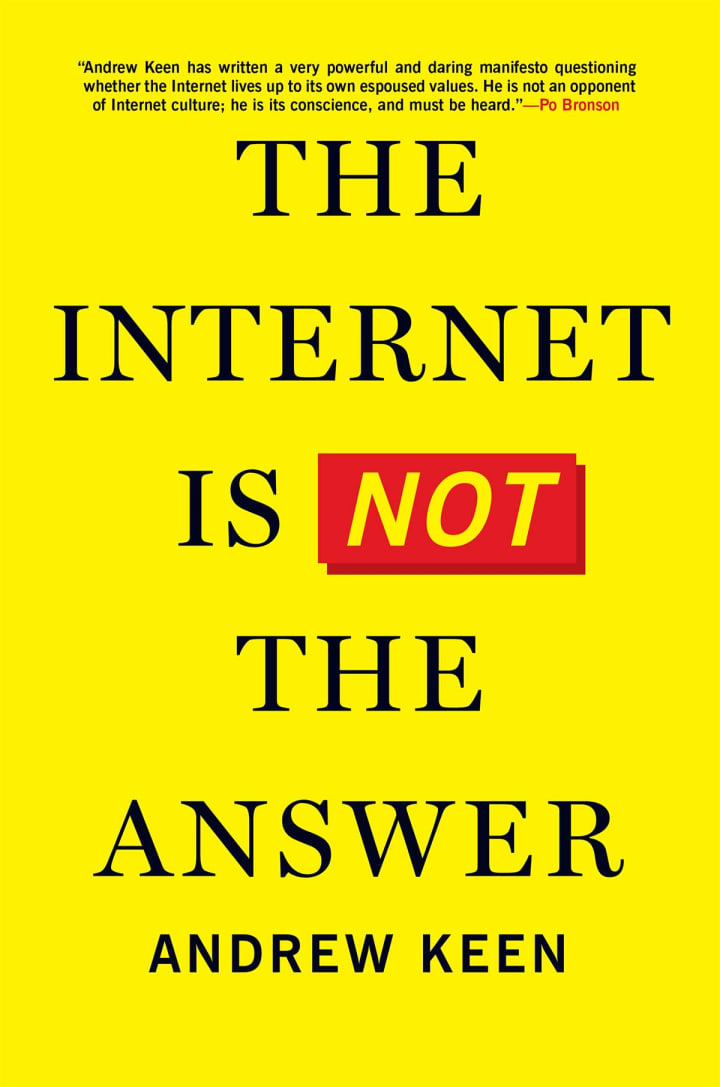
This book is all about how the internet isn't the answer to your problems and how it can actually make your personal problems worse. There's a lot of different ways that are discussed, mental health and procrastination are only two of them. I really enjoyed reading this book to the point that I was kind of deflated when it was over. But, the tone was slightly unbearable at times with the writer sounding almost too angry or sarcastic. It was as if this man had been rejected by a woman online and now he was taking it out on the internet itself by writing this book. Sometimes it sounded scornful. We have to remember that we are privileged to live in such a developed time.
125. Voss by Patrick White
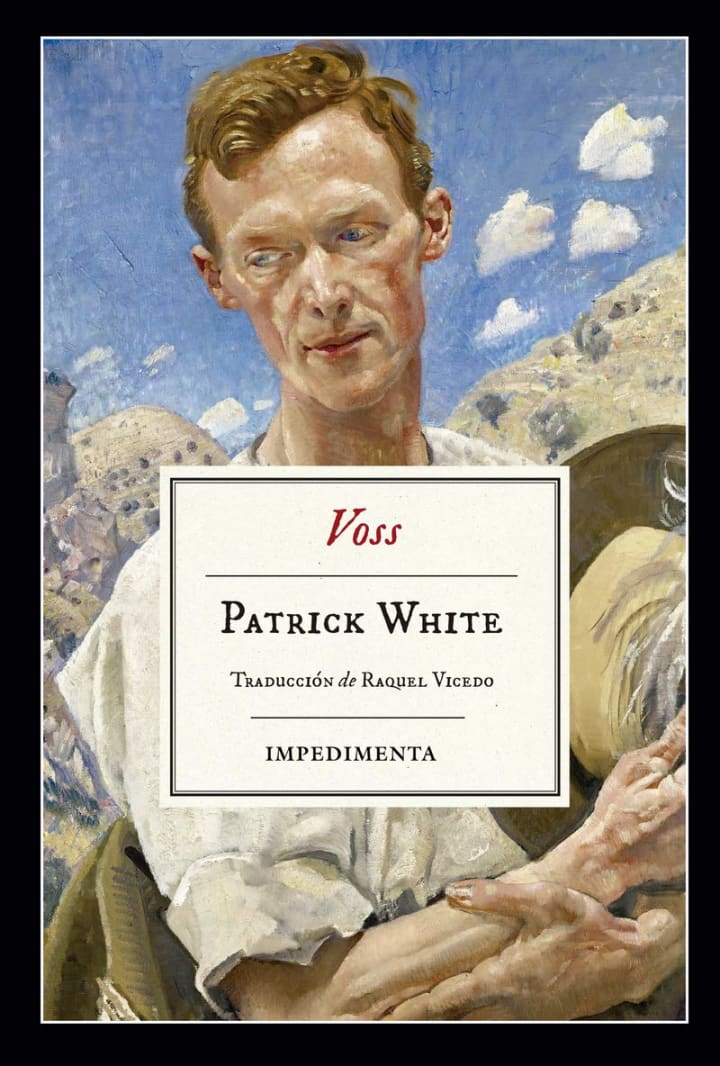
This book is based around an explorer who went missing in Australia. His name was Ludwig Leichhardt. It follows the lives of Voss and Laura. I especially loved the perishing scene in which it explains the extremities of the human condition in the want to survive. It is such a brilliant novel and I think that more people should read it because of its explanations of very different conditions that many people, if they do not regularly put themselves in danger, wouldn't be used to.
126. Justice by Michael Sandel
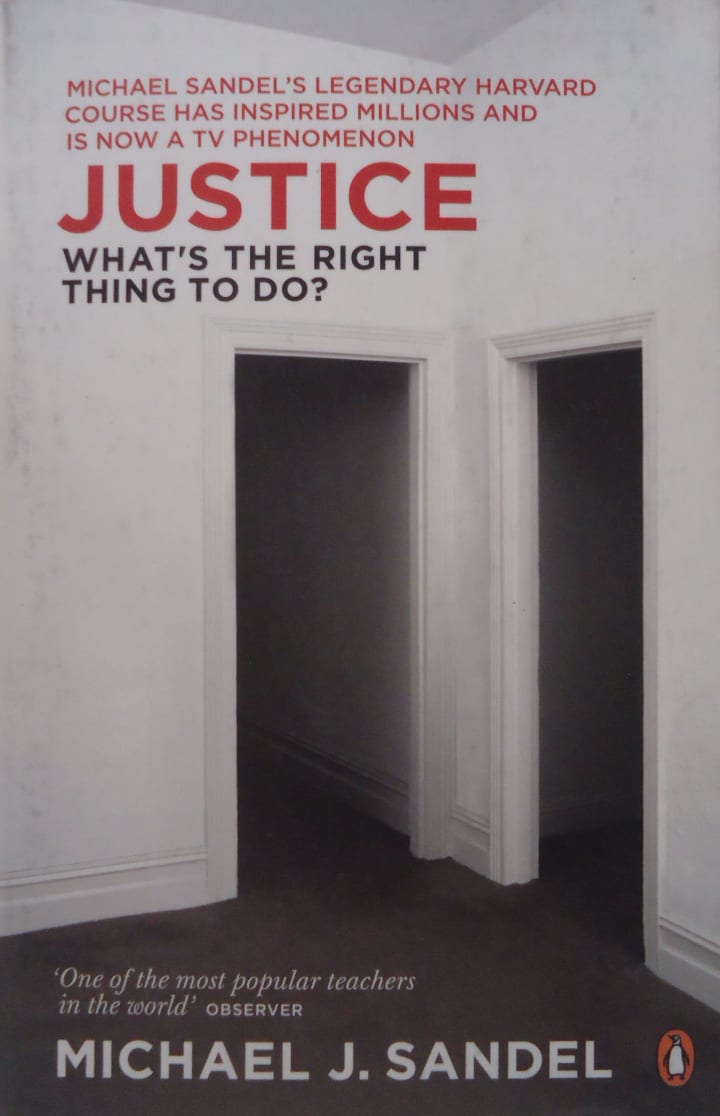
This one discusses whether justice works and whether the modern judicial system is good or bad for crime, taking it apart bit by bit and criticising each part individually. I picked this up on offer at a Waterstones for only £3 and it was a brilliant read. I thought that the way in which this book described how prison doesn't always help the most violent of criminals is something that we have seen a lot of lately and so, we need another option. I really enjoyed the way this book goes through every major section of the judicial system because then you don't have repetition. You have growth.
127. WTF by Robert Peston
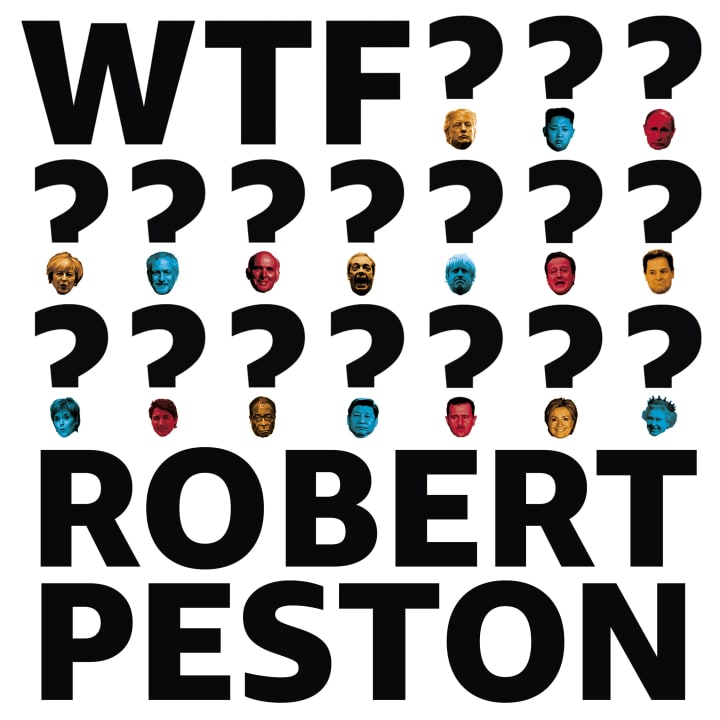
This one was a more difficult read because I don't really follow the economic crisis unless it directly effects me. Thankfully, this book was about the Brexit results and how it will change Britain over time. It is also about the social implications of Brexit, looking at how it has made us socially drift apart when the whole point of the campaign was to bring us together. It seems like Brexit didn't get anything it wanted and we working to lower-middle class people are all royally screwed. This book was interesting but seemed a bit preachy and I didn't like to read it for prolonged periods and so, I read another book beside it (the next one) so I wasn't reading it alone.
128. The Evil Hours by David J Morris
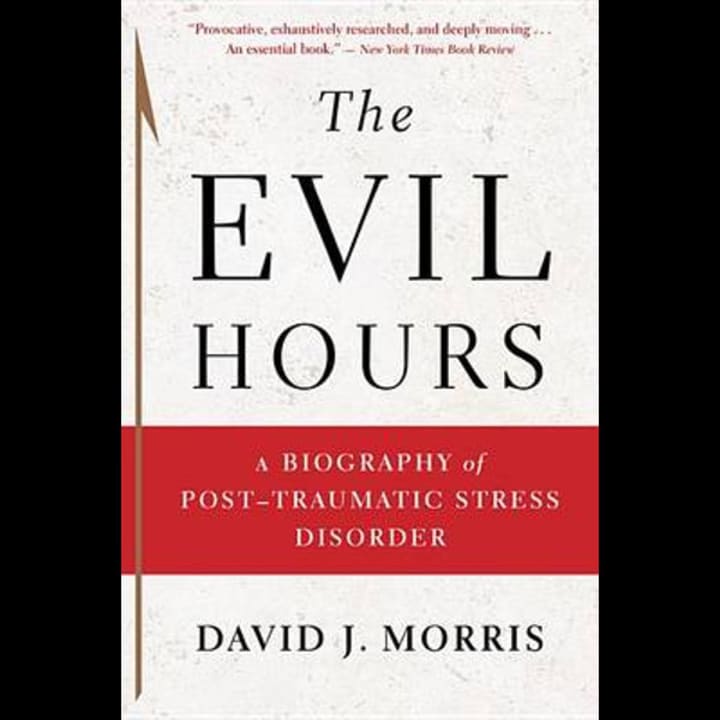
This is one that I read because I saw a photograph of Daniel Day-Lewis holding it. Now, if this isn't the epitome of old, white man nonfiction then I don't know what is. It was a good book, don't get me wrong. But if I hadn't seen that picture of Daniel Day-Lewis then I don't think I would've ever picked it up. It's all about this man who has PTSD from Iraq and how PTSD can manifest in other forms out of war. It's about how when PTSD is experienced by women who are the victims of rape, it is ignored but when men experience it, it is treated. It is about how we've got the meaning of PTSD all wrong all these years because there are far more women who have been raped than men who have come back from war and that is an unsettling statistic. The fact that all men are potential rapists means that statistic is true and yet, this book states there is nothing done about it. However, I think this is preachy for preachy sakes. The author isn't doing anything to change this. He's simply stating the fact. It seems like one of those books you read if you want to make yourself look like a good person who cares.
129. A Whole New World: A Twisted Tale by Liz Braswell
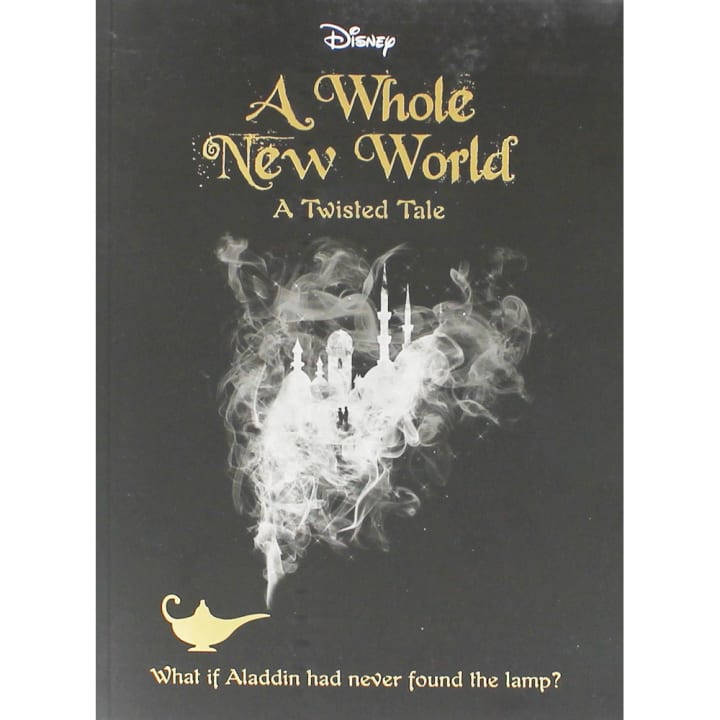
This was so good, I've even ordered the rest of the series. It's about the Disney stories - this one is Aladdin. But, instead of the same things happening, there's a slight change in the story, for example: in this one, Aladdin doesn't find the lamp, Jaffar does. It is a brilliant example of a spin-off story and its really dark and philosophical in comparison to the original. Yes, they may be books for teens, but I have to take a break from all this really intelligent fiction and nonfiction every once in a while and read something just because its a really good story.
130. Not Without Laughter by Langston Hughes
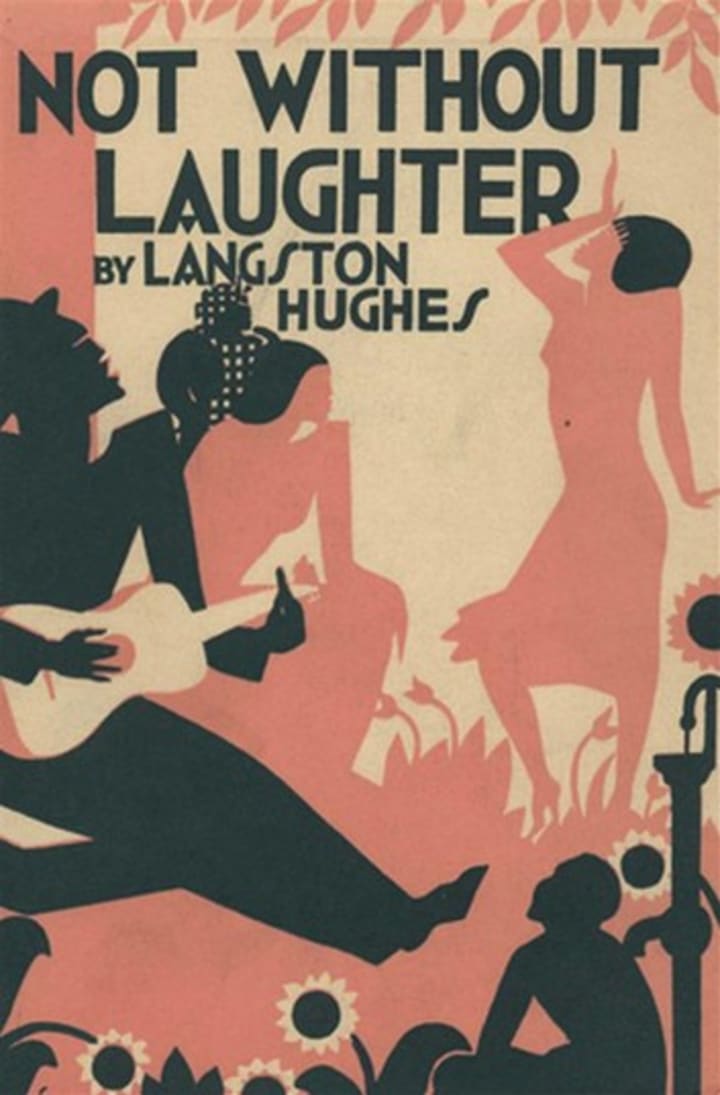
Sandy Rodgers in an African-American living in Kansas in the 1910s and the impact of class, religion and race are big, massive deals in the community with the grandmother especially, being very religious. It is semi-autobiographical and has inspired the works of future writers in the African-American community. Truly, it is one the greatest books of its time and I have been waiting to read it for a long time (yes, it's a book from the notes). I left a note for myself in 2011 for after I had completed my African-American reading list. It happens out that I lost the list and the notification came in 2015. But, instead of just reading it. I looked for the list, found it and set myself a new notification that went of about a day before the one for "2001: A Space Odyssey" (1968).
131-140
131. Confessions of Felix Krull; Confidence Man by Thomas Mann
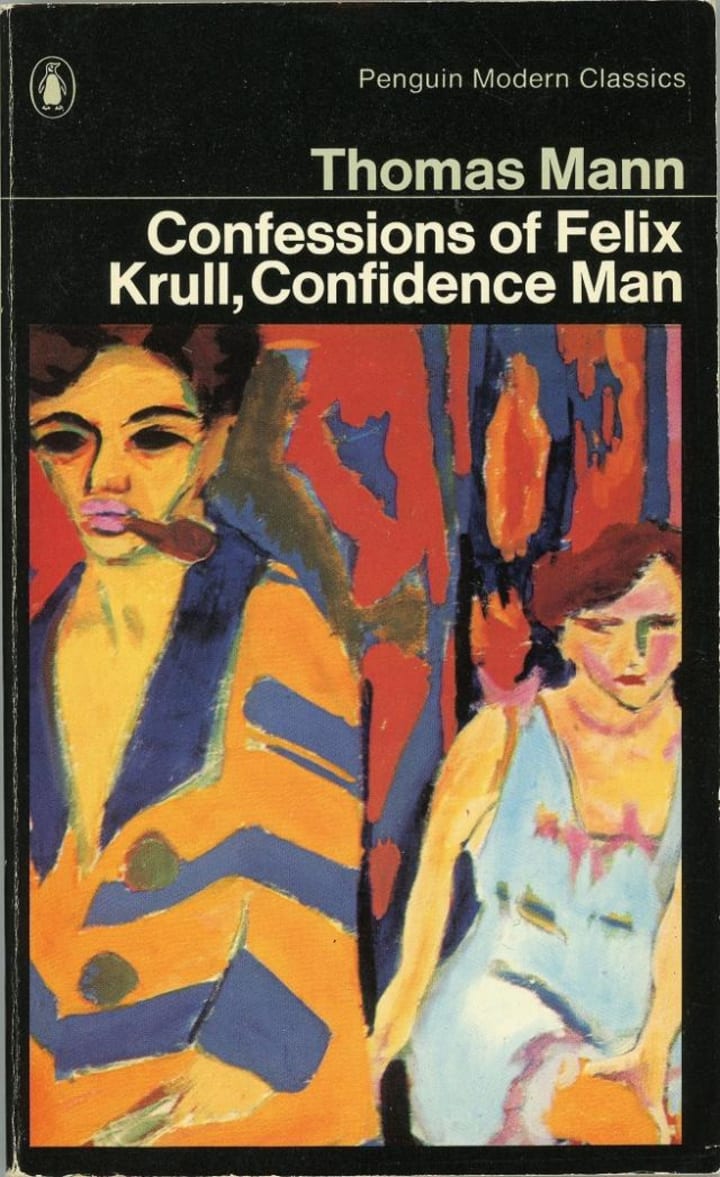
This book is possibly one of Thomas Mann's strangest efforts. It's nothing like I've ever read of him before and so, it is good to see something fresh. Even though it is yet again a parody of Goethe like Mann's "Doctor Faustus" but, it is yet a different adaption and this time, they cannot ban him for it. Everyone was once doing their own adaptation of Dr. Faustus and so, it is only logical that Thomas Mann do the same. This one is about a good-looking man who cheats the wealthy class and involves an odd request from the Marquis. It's a great novel, but not really my kind of thing. If I hadn't seen it up for cheat, I wouldn't have picked it up.
132. Amsterdam Stories by Nescio
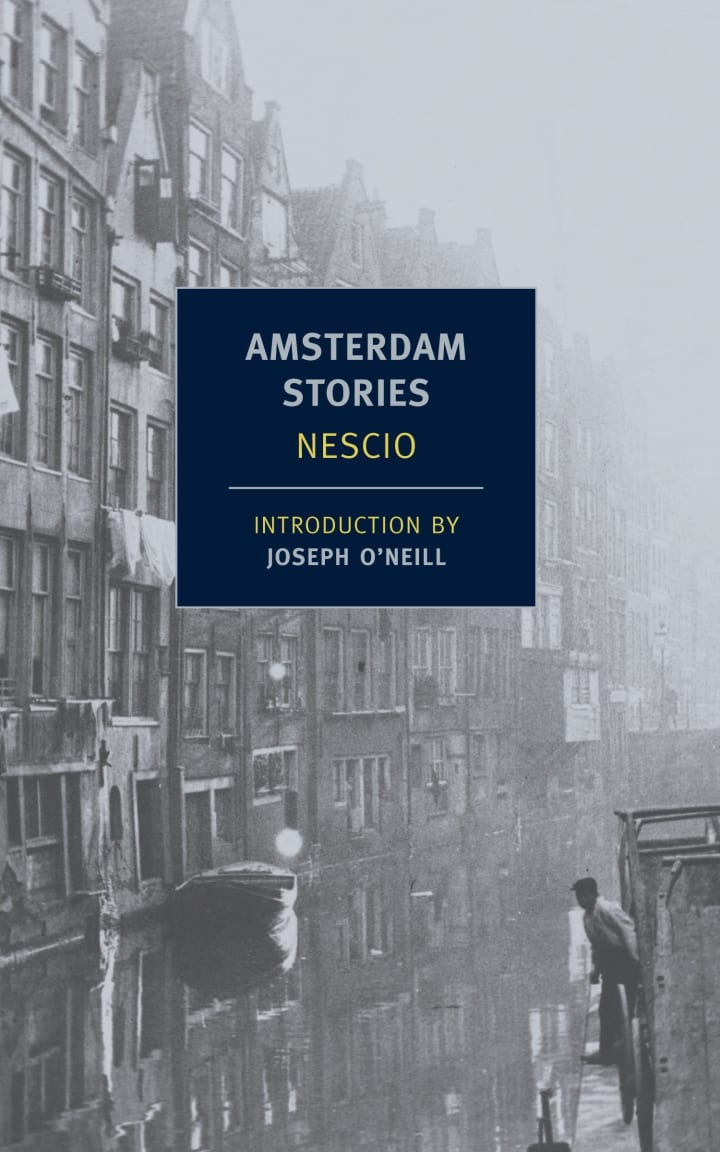
Nescio, from my Latin, I know means "I don't know" and therefore, cannot be someone's name if it is used on its own. However, the book seems to be an attempt, especially emotionally, at some sort of everyman experience. I love the way it goes through the intimate sections of youth and its follies. The way in which it goes through each singular feeling and every nerve is just beautiful. It is a brilliant book that stands out as an emotional train-wreck and I love it
133. Hit Makers: How Things Become Popular by Derek Thompson
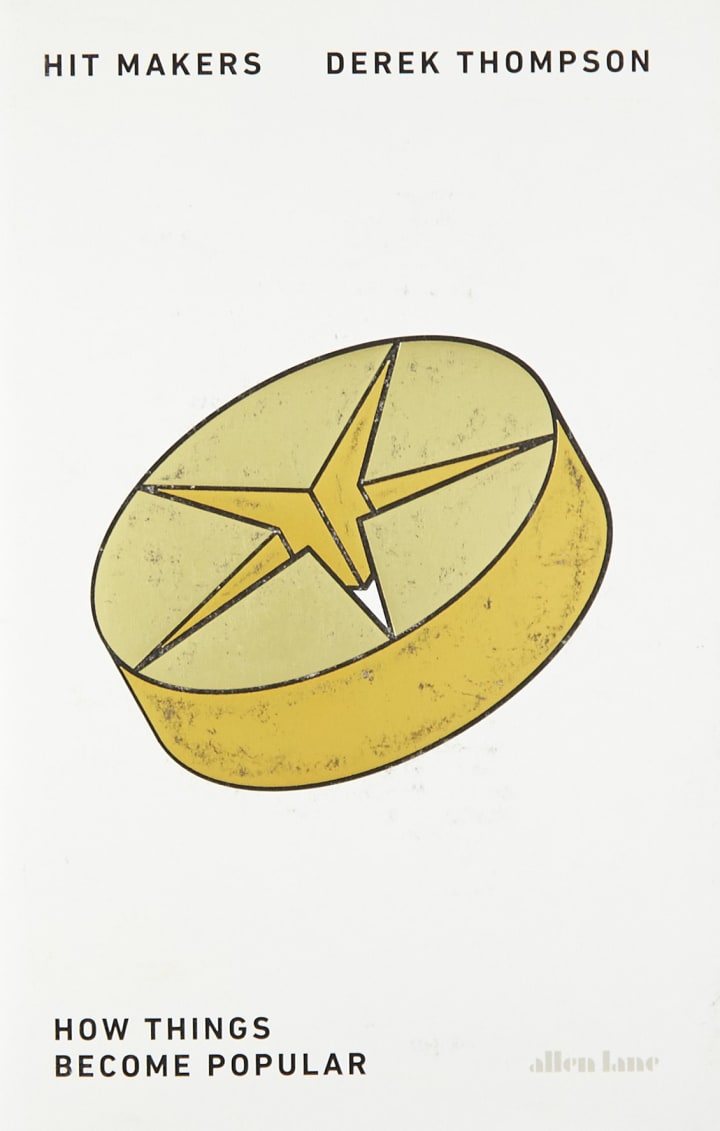
Now, there's a lot of psychological stuff in here, studies etc. And there are a number of cultural studies to go along with them. The book is well written and is able to be understood by practically anyone who reads on a weekly basis. The only problem I had with this book is the repetition of ideas. There was a lot of repetition and there was a lot of generic reasoning. However, it was interesting and well done. The arguments were clear and not coated in academic jargon.
134. The Tunnel by Ernesto Sabato

This book I read purely because I enjoyed his book "On Heroes and Tombs" so much. In Sabato's books, there is so much emotion and so much psychological warfare. I loved this book because it has so much obsession, vanity and cruelty in it - it is consistent with a beautiful novel/novella of the Southern American kind and has all the beauty of Latin America woven into it as many of the novels from that culture do. But on the other hand, it is riddled with unspeakable horror and ardent, furious tragedy of the likes only the Renaissance theatre has ever seen.
135. Straight on 'Till Morning by Liz Braswell
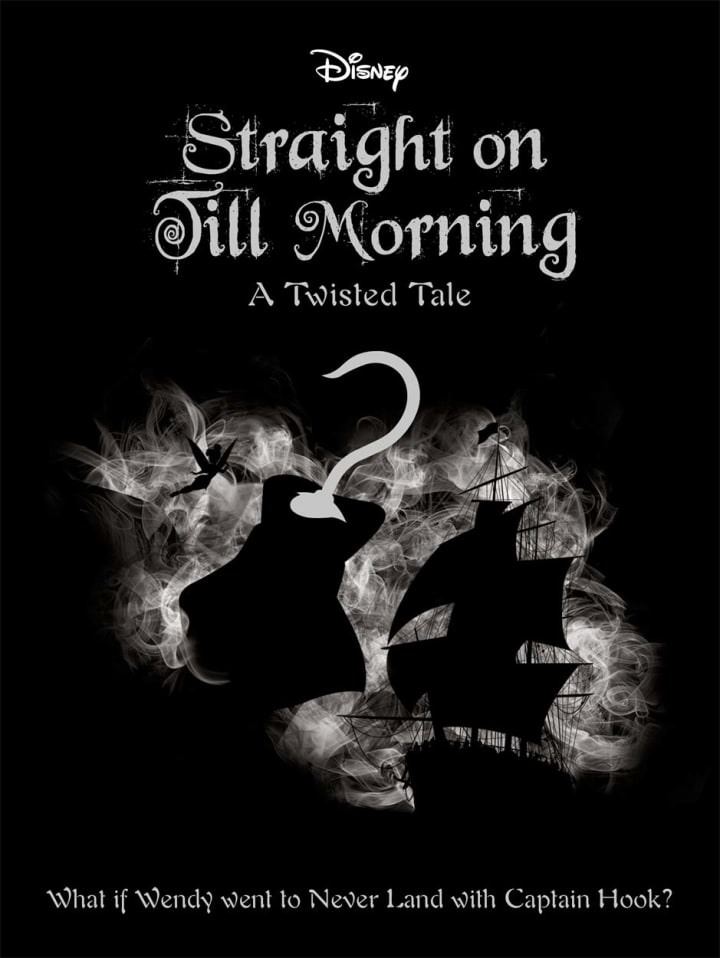
I have been reading the series of Disney's Twisted Tales and so, this one was one of my favourites of the series because it is based on one of my favourite children's books - "Peter Pan". I really enjoyed this book because not only did it give a small spin on a classic tale, but it also shows what could happen if only a small thing were to be changed. It can pretty much change everything.
136. As Old As Time by Liz Braswell
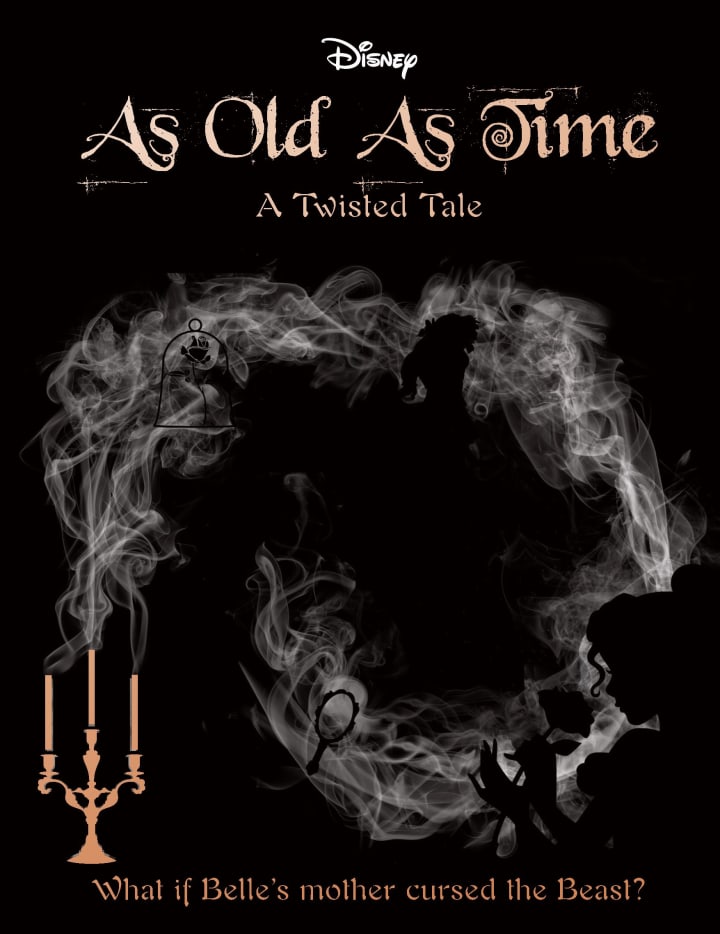
This one is another Disney Twisted Tale and is obviously about Beauty and the Beast. The intention of these books is to simply change one, seemingly meaningless event - such as a who or a where, and see how it can greatly impact the entire story. The Beauty and the Beast version of these was another one I was fond of because it seemed completely plausible. I was also quite shocked by the images in the book since these are supposed to be suitable for children. Some of the images are quite horrific and beastly.
137. War and Peace by Leo Tolstoy

Yes, I took it upon myself to revisit this book because I felt like it. Yes, reading this book is always a challenge and I always make notes because normally, I forget who belongs to which family etc. except for the fact that there's that Rostov family who are pretty easy to remember since the mother and daughter have similar names. Anyways, I felt like reading this again because it is one of those books that when you get to the final few chapters, it really hits hard. People who you loved and cared about throughout the book are dying and people are getting blown up by Napoleon. It is absolute bloodshed and then there's Pierre just bumbling about in the middle for no reason except he needs some religious cleansing. It's a fantastic novel every single time. The last time I read it, I was 21 - and so you can imagine that this was something of a treat.
138. Part of Your World by Liz Braswell

If I'm re-reading something like "War and Peace" I also like to have on hand some lighter books like the Disney Twisted Tales. In this one, as it says, Ariel doesn't defeat Ursula and it becomes quite the ordeal. I don't want to spoil what happens because the whole point of the twist in the tale is that you read it and find out how it would've worked differently. I haven't always liked the "Little Mermaid" and I always thought the story was a bit silly - but this book makes it very dark and very interesting.
139. Mirror, Mirror by Liz Braswell
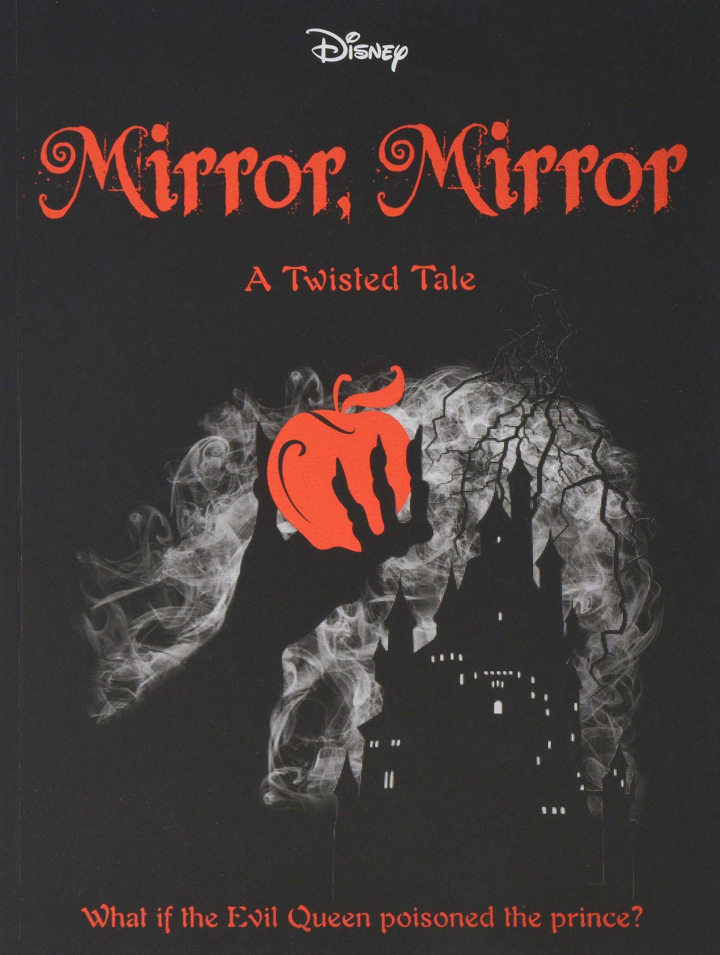
This one was a bit far fetched even for Snow White. I have to admit I didn't enjoy this one as much as I did the others and even the Frozen one seemed more plausible. The fact that the Evil Queen poisoned the prince doesn't seem like something that would actually happen and sounded a bit forced for this one. Although, I was impressed how it remained otherwise true to the original tale however dark it was in comparison. To be honest, I think that Snow White is a pretty dark story anyway, right?
140. Cane by Jean Toomer

A construction of several vignettes, this book details the lives of several different people living in these horrid circumstances of race, gender and class during the Black Harlem Renaissance. It's a brilliant idea and a well-executed concept for a book - I very much enjoyed each and every page of it, putting together the lives of these seemingly tragic figures in a whole sea of people. These are only a few of the more generic ones that could be relative to literally anyone in the Harlem Renaissance who had experienced difficulties due to their race.
About the Creator
Annie Kapur
200K+ Reads on Vocal.
Secondary English Teacher & Lecturer
🎓Literature & Writing (B.A)
🎓Film & Writing (M.A)
🎓Secondary English Education (PgDipEd) (QTS)
📍Birmingham, UK
X: @AnnieWithBooks
Enjoyed the story? Support the Creator.
Subscribe for free to receive all their stories in your feed. You could also pledge your support or give them a one-off tip, letting them know you appreciate their work.






Comments
There are no comments for this story
Be the first to respond and start the conversation.